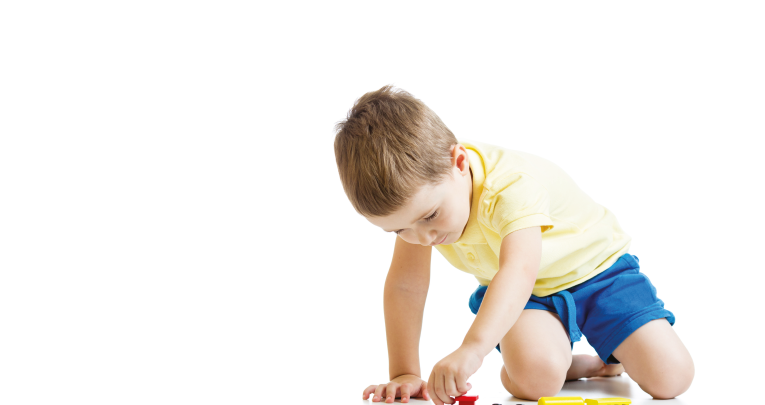Empathy Takes Practice – Young Children Need Time And Help To Learn To Understand Others’ Emotions

In children's minds the world revolves around them, and what might seem like deliberately malicious actions aren’t typically an attempt to cause upset

- by Sue Cowley
- Author of more than 30 books for educators Visit website

Small children find it hard to understand how their own behaviour makes other children feel – in their minds the world revolves around them, not the needs of others, and what might seem like deliberately malicious actions aren’t typically an attempt to cause upset.
A crucial aspect of adults’ role, therefore, is to help children develop this understanding, remembering that empathy develops gradually, rather than as a sudden leap.
The scenario
One of the new children in your setting seems to find it impossible to understand how his behaviour impacts on the other children. He will frequently push children out the way to use toys they are playing with, or snatch the toys from them. When there’s a group of children waiting to take their turn on the scooters, this child will push to the front of the line and grab one, rather than waiting his turn for a go. You’ve tried explaining why he needs to learn to share and take turns, but he doesn’t seem to understand what you are saying.
A child’s-eye view
When looking at children’s behaviour, it’s important to do so from their perspective, rather than using an adult’s view of the world to work out what’s going on. In order to learn to be empathetic we must understand how we would feel if we were in someone else’s situation, and realise that they might feel the same as us, or differently. This concept seems to develop at different speeds in different individuals. Those children who have managed to grasp the concept of empathy tend to do better in social situations, and in educational ones as well.
Handling our emotions
One of the key factors in the development of empathy is how adults react to children’s emotions – do they respond sensitively when they’re hurt or upset, or do they brush their feelings aside? If a young child is rude to someone in public, do the adults around him talk about why this might be inappropriate, or do they simply tell him off?
- Encourage your staff team to talk openly about their feelings and those they notice the children experiencing. The way you react to inappropriate behaviour is part of this – narrate the way the behaviour makes other people feel, rather than simply telling the child off for misbehaving.
- Consider your tone of voice and non-verbal communication when handling incidents or upsets. Use a soothing tone to comfort an upset child, getting down on their level and utilising close physical proximity.
- Aim not to brush emotions away – it is important for small children to feel that it’s okay to feel upset, unhappy or insecure, and to express their own emotions to the adults around them.
- Acknowledge their emotions rather than pushing them to one side. You could use phrases such as, “I can see you’re upset” or “I can tell that this makes you unhappy.”
Building empathy
There are lots of ways that you can encourage the development of empathy in your setting:
- Use stories – when you’ve read a book to the children, talk about how different characters felt. What happened to make them feel this way?
- Encourage role plays that encourage children to explore their emotional reactions, and those of others. For instance, you could set up a scenario based in a vets, and talk to the children about how they might need to talk quietly, comfort and calm the pets, and so on.
- When you’re dealing with a situation where a child displays a lack of empathy to a peer, discuss emotions and narrate the feelings the other child might be having about the behaviour. For instance, “How do you think Ben felt when you pushed in front of him?” And, “I can see that Amira was upset when you snatched that toy away from her.”
- Focus on positive emotions as well – talk about the things that make us happy, and identify specific behaviours from the children that create positive responses in others.
Browse more resources for Empathy Day.










